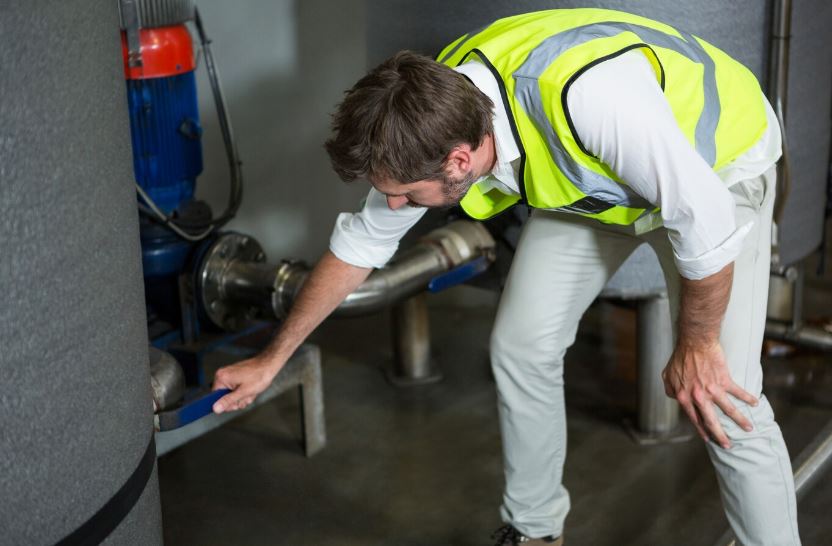Drain blockages are common plumbing issues that cause homeowners inconvenience, sanitary problems, and, in worse scenarios, property damage. However, it’s good to understand the causes of drain blockages so that you can develop preventive measures and implement them correctly.
In this blog, we discuss the major causes of drain blockages so that you can fully understand them and know when to seek drain unblocking services. Let’s explore them.
Foreign Objects Accumulation
Food scraps, hair, grease, soap residue, and sanitary products are examples of foreign objects that can build up and stick to the walls of drain pipes over time, causing clogs that block water flow. Laundry, Kitchen, and bathroom sink drains are particularly vulnerable to blockages brought on by improper disposal of foreign objects.
Organic Matter Buildup
In outdoor drains, gutters, and downspouts, blockages and water backups can result from accumulated organic matter, such as leaves, grass clippings, and plant debris. Organic matter can comprise soil, silt, decomposing vegetation, and organic material that has washed off of paved surfaces and rooftops. It can also contain natural detritus. Cleaning and debris removal are part of routine maintenance necessary to avoid blockages brought on by the accumulation of organic waste.
Mineral Deposits
The high mineral content of hard water, particularly calcium and magnesium, can cause precipitation and accumulation inside fixtures, water supply lines, and drain pipes. Mineral deposits can accumulate over time to create tenacious obstructions that impede water flow and reduce the efficiency of plumbing systems. Blockages in bathroom faucets, showerheads, and drains are frequently caused by mineral deposits, especially in places with hard water. Regular maintenance and water softening systems can reduce the negative effects of mineral deposits and avoid blockages in the drains.
Grease and oil Buildup
Fatty substances, cooking oil, and grease can harden inside drain pipes, resulting in difficult-to-remove clogs. Grease buildup is especially common in kitchen drains because cooking wastes and dishwashing liquid are frequently poured down the sink. Over time, grease accumulation can obstruct water flow, cause unpleasant smells, and cause drain blockages. Blockages brought on by grease buildup can be avoided by properly disposing of grease and oil and regularly cleaning drain lines.
Defects in The Structure
Water flow can be impeded, and drain clogs can result from structural defects in drain pipes, such as misalignments, cracks, fractures, and collapsed portions. Soil movement, faulty installation, ageing-related deterioration, and external damage can all cause these flaws. Structural flaws raise the possibility of water damage, sewage backups, and chronic drain issues. To successfully manage blockages caused by structural problems, broken drain pipes must be professionally inspected and repaired.
Intrusion by Tree Roots
Tree roots can enter drainage pipes and underground sewage lines through tiny cracks or joints, searching for moisture and nutrients. They can also develop and spread inside pipelines, resulting in clogs and structural damage. In older plumbing systems, tree root intrusion is a typical problem that, if ignored, can result in ongoing drain obstructions and sewer backups.
Final Thoughts
As you can see, drain blockages can be caused by various factors mentioned above. To prevent drain blockages and maintain the integrity and functionality of plumbing systems, you need to perform regular maintenance and implement proper disposal practices.

